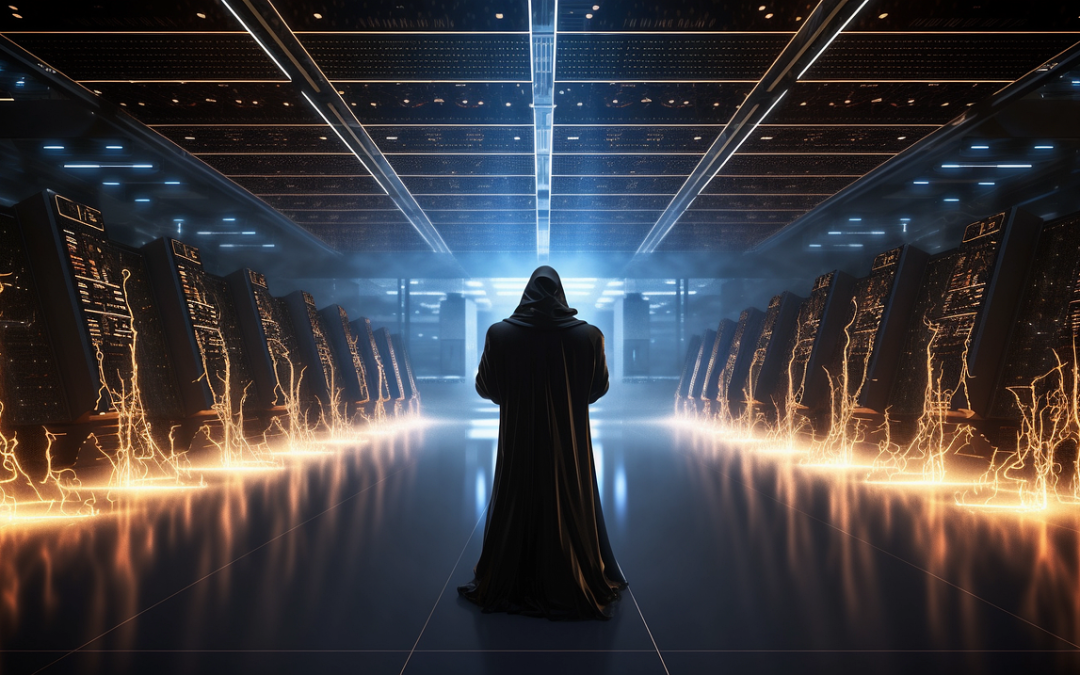The Future of Technology: Trends and Predictions
Rapid advancements in technology have transformed the world we live in today. From the rise of artificial intelligence to the widespread use of smartphones, technology has become an integral part of our lives. As we look towards the future, there are several key trends that will further shape the technology industry. In this article, we will analyze these trends and provide unique predictions and recommendations for the industry.
1. Artificial Intelligence (AI) and Machine Learning
AI and machine learning have already made significant strides in areas such as autonomous vehicles, healthcare, and natural language processing. However, future trends indicate that AI will continue to play an even larger role in various industries. AI-powered chatbots, virtual assistants, and predictive analytics will become more sophisticated and seamlessly integrated into our everyday lives. With the advancement of neural networks and deep learning algorithms, AI will exhibit human-like decision-making capabilities.
Prediction: By 2030, AI will be an essential part of businesses across all industries. It will revolutionize customer service, data analysis, and decision-making processes, leading to increased efficiency and productivity.
Recommendation: Organizations should invest in AI research and development to stay ahead of the curve. Integration of AI technologies into existing infrastructure should be done strategically while addressing ethical concerns and ensuring transparency.
2. Internet of Things (IoT)
The IoT has already connected billions of devices, enabling seamless communication between them. In the future, its potential will grow exponentially as more devices become connected, allowing for a truly interconnected world. Smart homes, smart cities, and predictive maintenance systems will become more prevalent. IoT devices will gather and analyze data in real-time, leading to improved efficiency, cost savings, and personalized experiences.
Prediction: By 2025, the IoT will be an integral part of everyday life. From smart appliances to autonomous vehicles, the IoT will revolutionize the way we interact with technology and our surroundings.
Recommendation: Businesses should focus on IoT security and data privacy to protect users from potential breaches. Collaboration between industries, such as healthcare and technology, will be key to unlocking the full potential of the IoT.
3. 5G and Next-Generation Networks
The implementation of 5G networks is set to revolutionize the way we connect and communicate. With faster speeds, lower latency, and increased capacity, 5G will enable rapid data transfers and support emerging technologies. This will open up new possibilities for industries such as autonomous vehicles, augmented reality, and remote surgeries.
Prediction: By 2023, 5G networks will be widely available, driving significant advancements in sectors like healthcare, transportation, and entertainment.
Recommendation: Businesses should prepare for the implementation of 5G by integrating it into their long-term strategies. Collaboration between telecommunication companies and technology providers will be crucial in driving innovation and maximizing the potential of 5G.
4. Cybersecurity and Privacy
As technology advances, the need for robust cybersecurity and privacy measures becomes paramount. With the increase in connected devices and the proliferation of data, there is a pressing need for improved cybersecurity infrastructure. Future trends indicate the use of AI and machine learning to enhance cybersecurity defenses, as well as the implementation of stricter regulations to protect user privacy.
Prediction: By 2025, cybersecurity and privacy concerns will be at the forefront of technological advancements, with businesses and governments investing heavily in secure infrastructure.
Recommendation: Organizations should prioritize cybersecurity measures and invest in technologies that can detect and mitigate emerging threats. Collaboration between governments, businesses, and cybersecurity experts will be crucial in developing robust defense mechanisms.
Conclusion
The future of technology holds immense potential for driving innovation and transforming industries. Artificial intelligence, the Internet of Things, 5G, and cybersecurity will be key drivers in shaping this future. Businesses and individuals must adapt to these trends, incorporating them into strategies and operations to stay competitive. However, it is essential to address ethical concerns, privacy issues, and security vulnerabilities to ensure a successful and sustainable future of technology.
“Technology is anything that wasn’t around when you were born.”
- Source 1: IBM Technology Trends
- Source 2: Forbes Tech Trends for 2020
- Source 3: Business Insider Tech Trends transforming industries
